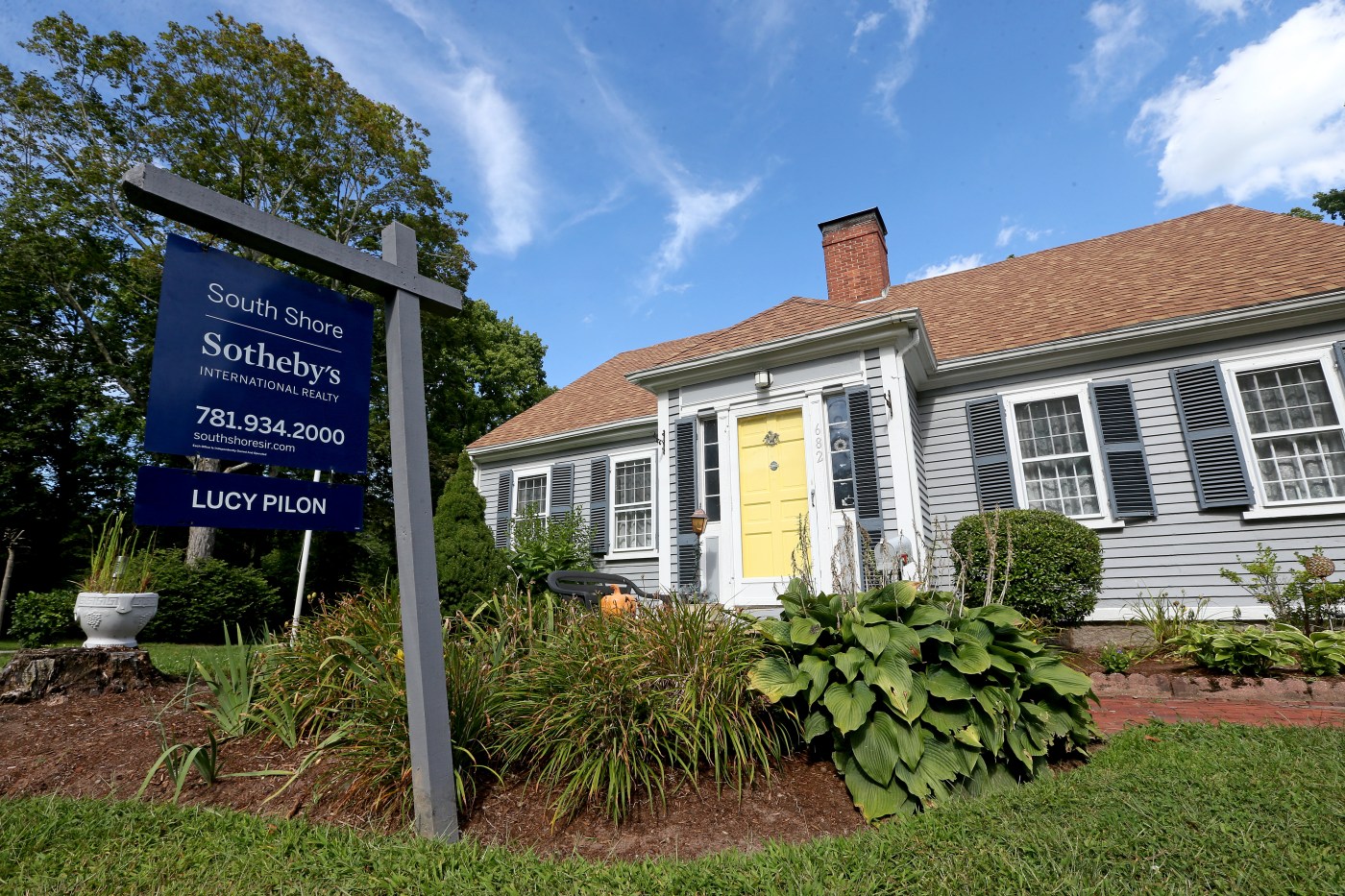
Massachusetts housing shortage: Advocates look to ‘move the needle’ on production
At least 200,000 homes must be built across Massachusetts by 2030 to “accommodate growth and achieve a healthy vacancy rate,” according to state housing officials.
To accomplish that, housing advocates say a more robust conversation needs to take place around what could be at stake if the state fails to live up to that production.
The Citizens’ Housing and Planning Association is launching a coalition, dubbed ‘Affordable Massachusetts,’ that will convene leaders from across the state in various sectors to convey that construction of homes for all income levels must ramp up.
CHAPA, a nonprofit focused on production and preservation of affordable housing for low and moderate-income families, will work with individuals and organizations to write opinion pieces for local newspapers and study upcoming housing- or zoning-related votes in local cities and towns to “move the needle.”
“We are all joining together, we are calling for the 200,000 homes that we need, we are stating explicitly that we need them across income levels,” CHAPA CEO Rachel Heller said of Affordable Massachusetts in a forum Thursday.
“Changing that message is going to be a game changer,” she added, “because for anyone who has been at a local meeting, you know that the overwhelming sentiment is ‘No, no, no’ and ‘We can’t do this because of X, Y, Z.’”
Lt. Gov. Kim Driscoll highlighted her and Gov. Maura Healey’s $4 billion Affordable Homes Act, which she said would be the largest investment towards housing production in the state’s history. If passed, the bill has the potential to create upward of 70,000 housing units, Driscoll said.
The lieutenant governor also touted how the legislation is packed with various incentives such as $50 million towards creating first-time homebuyer opportunities for households in disproportionately impacted communities and $100 million for a program to spur construction of affordable single-family homes in Gateway Cities and similar markets.
“We’re not trying to cure cancer, although I’m pretty sure if cancer is cured, it’s going to be because of the hardworking scientists and doctors here in Massachusetts,” Driscoll said. “We know what we have to do to tackle the housing crisis.”
In a study released Thursday, think tank Pioneer Institute warns of the lofty cost of building new housing spurred by the impacts of inflation on construction materials. The study found that material costs in January were 43% higher than those of January 2020, before the COVID-19 pandemic.
The cost of land is extreme in Massachusetts, with the Bay State sitting only behind Rhode Island in the nation, at $330,200 per acre, Pioneer’s Andrew Mikula wrote in the study.
Mikula cites how between January 2019 and January 2024, the number of active home listings in Greater Boston declined by 55%.
While housing production lags, the region is adding more jobs, compounding the issue even further, the study highlights. Greater Boston added 3.3 jobs for every housing permit granted from 2002 to 2022, Mikula found.
“Across the country, housing production has been low since the 2008 financial crisis,” Mikula said in a statement. “The housing crisis is especially acute in Boston because supply in the region never bounced back from the 1991 recession.”
Greg Reibman, president and CEO of the Charles River Regional Chamber, is calling for more businesses to speak up about the impacts the housing crisis has had on their operations. He called business owners, managers and employees the “missing link” in the conversation.
Reibman’s chamber serves Newton, Needham, Watertown and Wellesley.
“Although environmentalists and housing advocates can talk about a lot of issues, only we can talk with authority about what this means for jobs,” he said during CHAPA’s forum. “Only we can say ‘If you’re frustrated by how long it takes to get to the emergency room, it’s because there’s not enough housing.’”

